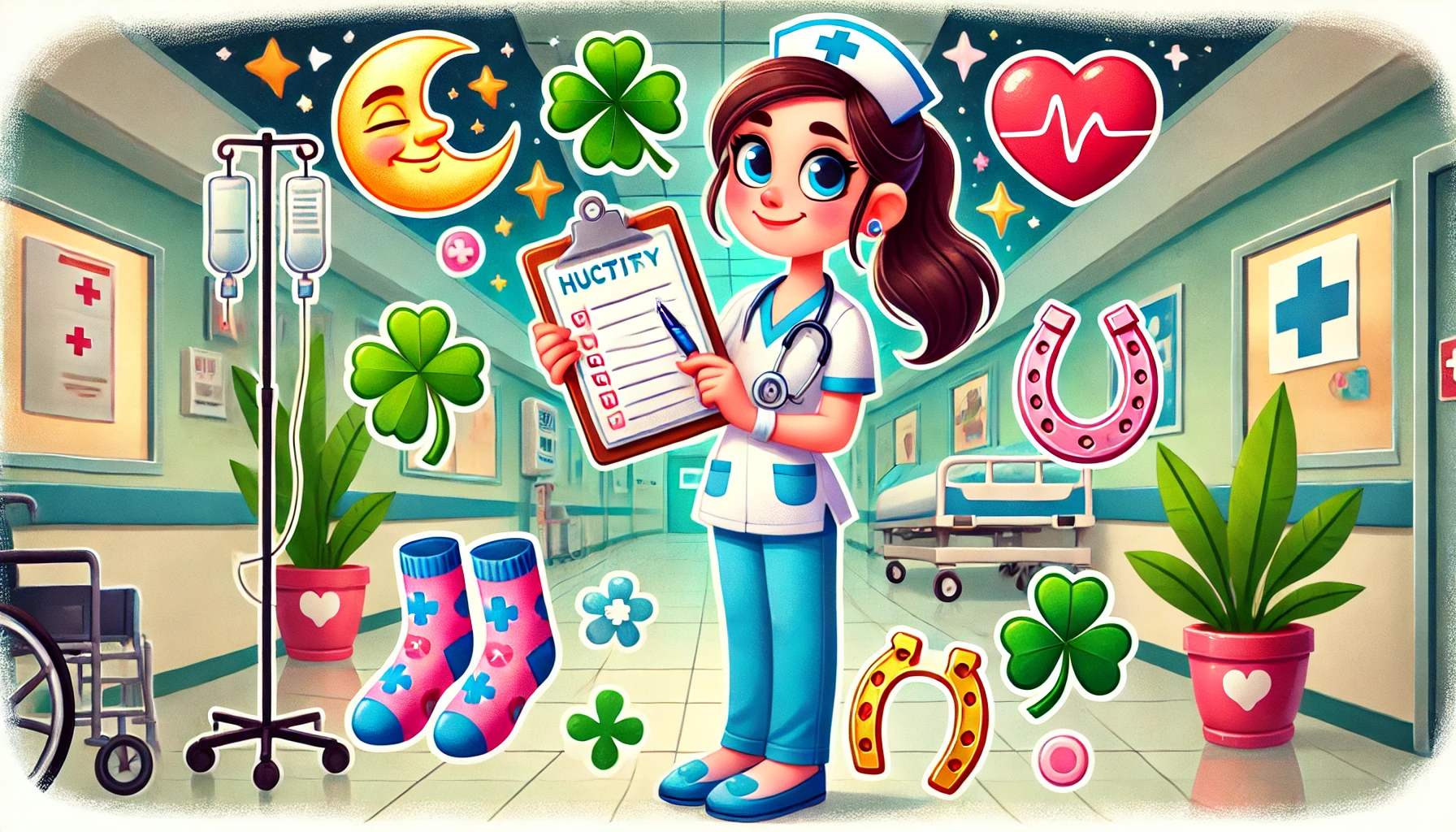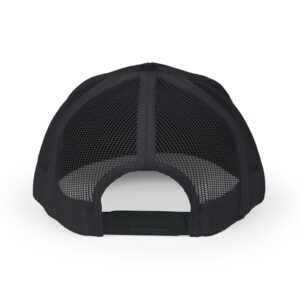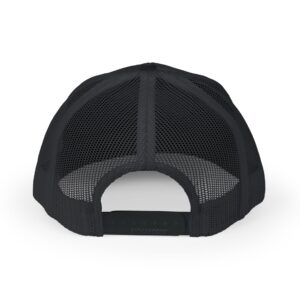Ever heard a nurse swear by the power of her lucky socks? Or seen one recoil in horror when someone dares to utter the dreaded “Q” word during a shift? Welcome to the wild, weird, and absolutely wonderful world of nursing superstitions—a place where science and superstition collide in the most entertaining ways.
But why do some of the most educated professionals cling to these seemingly irrational beliefs? Well, let’s dive into these rituals that every nurse knows (and maybe even secretly practices) to keep the universe from spiraling into chaos during a 12-hour shift.
Where It All Began: The Origins of Nursing Superstitions
Nursing superstitions have been around as long as nurses have been dodging germs and running on caffeine. The origins are a mix of folklore, historical quirks, and the need to maintain sanity in an otherwise unpredictable profession. Let’s face it—when you’re elbow-deep in a code blue, a little superstition might just be the lifeline you need.
The Early Days:
- Florence Nightingale’s Lamp: Some believe that the tradition of keeping a light on during night shifts started with Florence Nightingale. But today, it’s not just about the light; it’s about which light you keep on. In some hospitals, certain lamps are never turned off, lest the night turn into pure chaos.
- The Influence of Old Wives’ Tales: Nurses in the past were often the community healers, relying on both herbal remedies and a healthy dose of superstition. These traditions have trickled down through the generations, mixing with modern medicine in a delightful cocktail of quirks and rituals.
The “Q” Word: Don’t Even Think About It
If you’ve been around nurses long enough, you know that saying the word “quiet” during a shift is akin to inviting a biblical plague upon the hospital. It’s like saying “Macbeth” in a theater or challenging the universe to a duel.
- The Legend: The belief is that the moment someone mentions that it’s “quiet,” the floodgates open. A patient codes, another spikes a fever, and suddenly, everyone who’s been lying peacefully in bed decides they want to do the Macarena (or worse, go into cardiac arrest).
- Real-Life Consequences: I once saw a newbie nurse proudly declare how quiet the night was going, and within minutes, all hell broke loose—crash carts, ringing alarms, and more stat pages than you can shake a stethoscope at. Trust me, it’s not worth the risk.
Alternative Phrases to Use:
- “It’s been uneventful.”
- “Not much going on.”
- “We’re running like a well-oiled machine.”
Full Moon Mayhem: Lunar Lunacy in Healthcare
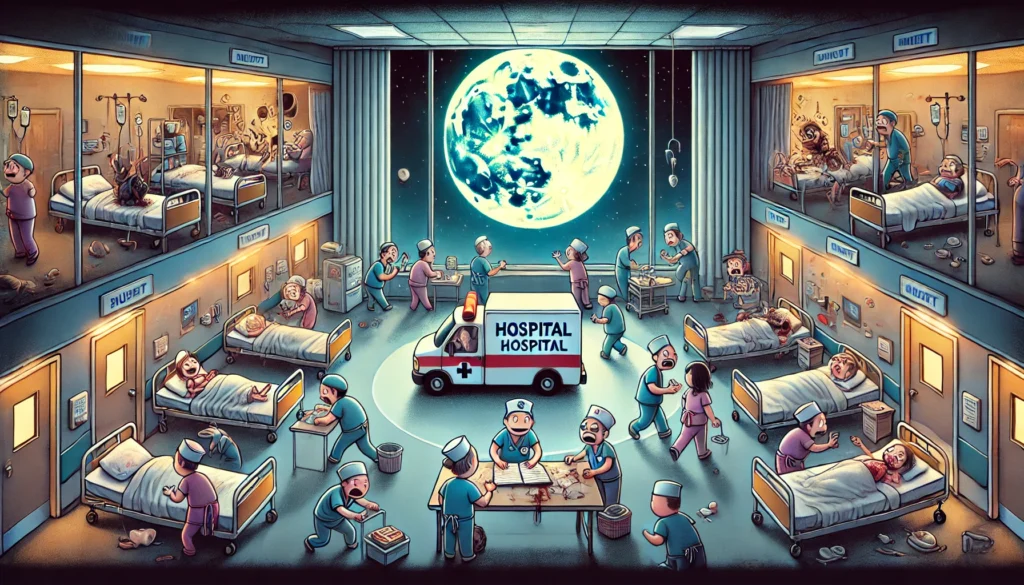
There’s an old belief that the full moon brings out the crazies, and ask any seasoned nurse—they’ll swear by it. Full moon nights are infamous for higher patient admissions, bizarre injuries, and a general uptick in weirdness.
Why the Moon?
- Tidal Forces: Some say it’s because the moon controls the tides, and since our bodies are mostly water, it stands to reason that it would mess with us too. Science may roll its eyes, but try telling that to a nurse who’s had to deal with the ER on a full moon.
- Personal Experience: Many nurses will tell you that if there’s one night they dread working, it’s during a full moon. The stories range from an influx of psychiatric patients to unexpected deliveries, and, of course, those inexplicable cases that make you wonder if you’ve stepped into the Twilight Zone.
Lucky Scrubs, Socks, and Pens: Nursing Talismans
Every nurse has that one item they swear brings them good luck. Whether it’s a pair of scrubs, a specific pen, or a pair of socks, these items are treated with the reverence of a sacred relic.
- The Magic of Scrubs: Some nurses have a favorite pair of scrubs they wear when they know it’s going to be a tough day—perhaps for a surgery that’s particularly complex or a shift with a notoriously difficult patient. Those scrubs become their armor, warding off bad outcomes.
- Lucky Socks: It’s not uncommon to hear a nurse say, “I forgot my lucky socks—today’s going to be rough.” These aren’t just any socks; they’re the ones that have seen them through countless shifts unscathed.
- That One Pen: Every nurse has that one pen they guard with their life. It’s the pen that’s never run out of ink mid-chart, never been lost, and is often considered the key to a smooth shift. Lose it, and you might as well prepare for paperwork purgatory.
Avoiding the “Cursed” Room or Bed
Some hospital rooms and bed numbers are infamous among nursing staff. These are the places where patients seem to code more often, where difficult cases tend to cluster, or where nothing ever seems to go right.
- Room 13 or Bed 666: No surprises here—superstitions about unlucky numbers bleed into the hospital setting. If a patient gets assigned to these spots, you’ll find nurses doing everything they can to get them transferred.
- The ‘Bad’ Room: In some hospitals, certain rooms are considered bad luck, not because of any rational reason, but because too many strange things have happened there. Maybe it’s where a patient passed away unexpectedly, or perhaps it’s where equipment always seems to malfunction.
Pre-Shift Rituals: The Secret Sauce for a Good Shift
Before diving into the madness of a shift, many nurses have pre-shift rituals they perform religiously. These little routines are believed to set the tone for the entire day.
- The Perfect Coffee: The day hasn’t started until the coffee is just right. And by just right, I mean brewed to perfection with the exact amount of cream and sugar. Heaven forbid you spill it—that’s just asking for trouble.
- The Parking Spot Dance: Some nurses believe parking in a specific spot will either bring them good luck or doom them to a terrible day. If someone else parks in “their” spot, well, all bets are off.
- The Sacred Walk: Some nurses have a specific route they take when entering the hospital. Deviate from it, and you might as well kiss that easy shift goodbye.
Regional and Hospital-Specific Superstitions
Not all superstitions are universal; some are specific to certain hospitals or even regions. What’s considered unlucky in one place might be totally normal in another.
Regional Variations:
- East Coast vs. West Coast: On the East Coast, the full moon superstition reigns supreme, while West Coast nurses might be more concerned with the dreaded “double shift” curse—if you say it, you might end up working back-to-back shifts.
- Southern Hospitals: In some Southern hospitals, the superstition goes that if you step over a patient’s bed after they’ve been transferred out, you’re inviting the next patient to be just as difficult.
Hospital-Specific Rituals:
- St. Elsewhere’s Ritual: At one hospital, there’s a belief that turning off a particular hallway light will cause the ER to overflow. As a result, that light has been left on for decades, even during the day.
- The No-Name Rule: In another hospital, nurses avoid referring to a new admission by name until they’ve been seen by a doctor, believing that doing so might jinx their condition.
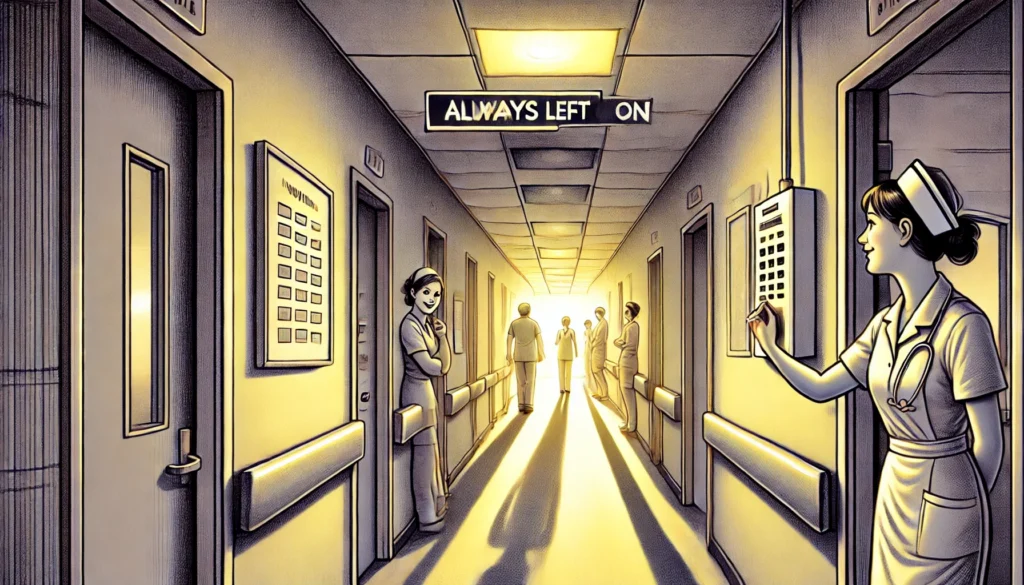
Why Do Nurses Believe in Superstitions?
You might wonder, in a profession so grounded in science, why do nurses hold onto these superstitions?
Coping Mechanisms:
- The Power of Ritual: Superstitions can provide a sense of control in an otherwise chaotic environment. When you’re faced with life and death situations, a little ritual can make all the difference in how you mentally approach a shift.
- Team Building: Shared superstitions create a bond among nursing teams. When everyone knows the unwritten rules, it builds camaraderie and a sense of belonging.
The Illusion of Control:
- Comfort in the Chaos: Nursing is unpredictable, and sometimes, superstitions are a way to impose order on the disorder. Whether it’s avoiding the “Q” word or clutching a lucky pen, these rituals offer comfort.
- Reinforcement of Belief: When a superstition “works” (i.e., nothing goes wrong on a full moon or a shift remains uneventful when the “Q” word isn’t mentioned), it reinforces the belief, making the superstition even stronger.
Do These Superstitions Really Work?
Whether or not these superstitions actually have any bearing on reality is up for debate. But in the minds of many nurses, they’re as real as the IV in your arm.
- Anecdotal Evidence: Some nurses will swear by their superstitions, recounting times when they forgot to follow a ritual and everything went downhill from there. Others might have horror stories of when a well-meaning colleague broke a sacred rule.
- Scientific Perspective: Psychology suggests that superstitions work because they provide a psychological boost. They may not change the outcome, but they can change how you feel about the situation, which in turn, can affect your performance.
How to Start Your Own Nursing Superstition
Feeling left out? Don’t worry—there’s always room for more superstitions in the nursing world. Here’s how to get started:
- Identify a Quirk: What’s something small you always do during your shift? Maybe it’s drinking your coffee a certain way, or always using the same clipboard. Turn that into your personal ritual.
- Test It Out: See what happens when you religiously follow your new superstition. Does it seem to make your shifts smoother? If yes, congratulations—you’ve just started your own nursing tradition!
- Share It with Your Team: Superstitions are best when shared. Let your team in on your new ritual, and watch as it spreads like wildfire.
Final Thoughts: Embrace the Weird
Nursing superstitions might seem strange, but they’re an integral part of the nursing culture. They bring a bit of fun and a sense of control to a job that’s often unpredictable and stressful. So, the next time you see a nurse clutching a lucky pen or whispering about the full moon, don’t question it—just knock on wood and go with the flow.
And hey, speaking of traditions, why not start a new one? Head over to That Nurse Life to stock up on study materials that’ll help you ace your exams or grab some quirky apparel to wear during your next shift. Who knows? Maybe that new pair of socks will become your next good luck charm.

